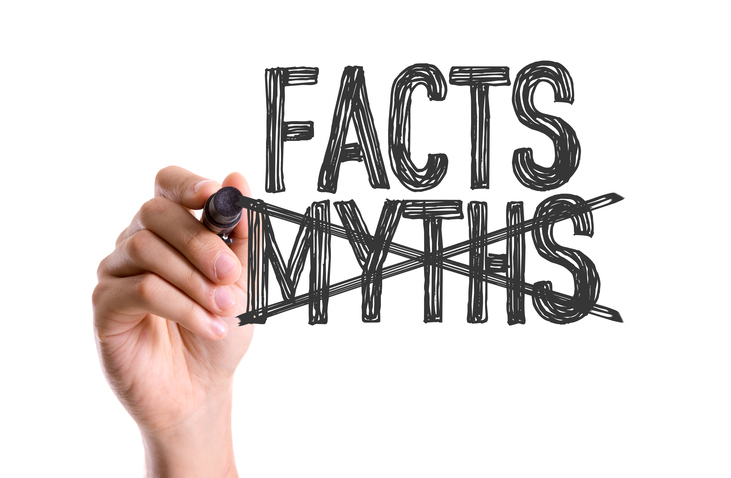Five Myths to Stop Believing about Collision Insurance
Myth #1: Your insurance company chooses the repair shop you have to use after a collision.
In reality, insurance companies aren’t allowed to tell you where to have your vehicle repaired at any time; you legally have the right to choose where you take your vehicle to be repaired. Insurance companies may have lists of suggested shops, and they may have agreements with some shops, like direct repair options, but you don’t have to choose according to your insurance company’s suggestions.
Myth #2: The insurance company’s estimate is always right.
Both your insurance company and the body shop are likely to perform estimates on your vehicle, and they may not always be the same. Just because the insurance company comes up with a lower number, doesn’t mean they’re right, and it doesn’t mean you’ll be required to cover the difference between their estimate and the actual cost. It’s generally up to your collision repair shop to negotiate with your insurance company.
Myth #3: Comprehensive insurance coverage protects me from everything.
Comprehensive coverage is one kind of insurance coverage that you can include in your insurance policy, but it doesn’t cover everything. Usually, it covers damage that is NOT caused by a collision, like damage from vandalism, a fire, or a tree falling on your car. For coverage of damage caused in a collision, you’ll need collision coverage as part of your policy.
Myth #4: My insurance won’t go up if the accident is not my fault.
This isn’t necessarily true. There is always fault assigned in an accident, so even if it’s considered ‘no fault’ insurance, your rates may be affected if your insurance company has to pay and isn’t reimbursed by the other driver’s insurance company.
Myth #5: Collision coverage pays for damages caused in any accident.
Collision insurance is meant to cover the cost of damage caused to your vehicle caused in an accident that is your fault. If you cause the accident, your liability insurance should cover costs incurred to the other driver. If you don’t have collision coverage, you may be held responsible to cover the cost of damage to your own vehicle if the accident is your fault. If the accident is the fault of the other driver, their insurance is usually responsible for your costs, unless the driver is uninsured or underinsured, in which case they can’t pay, and your own uninsured/underinsured driver coverage should pay.





